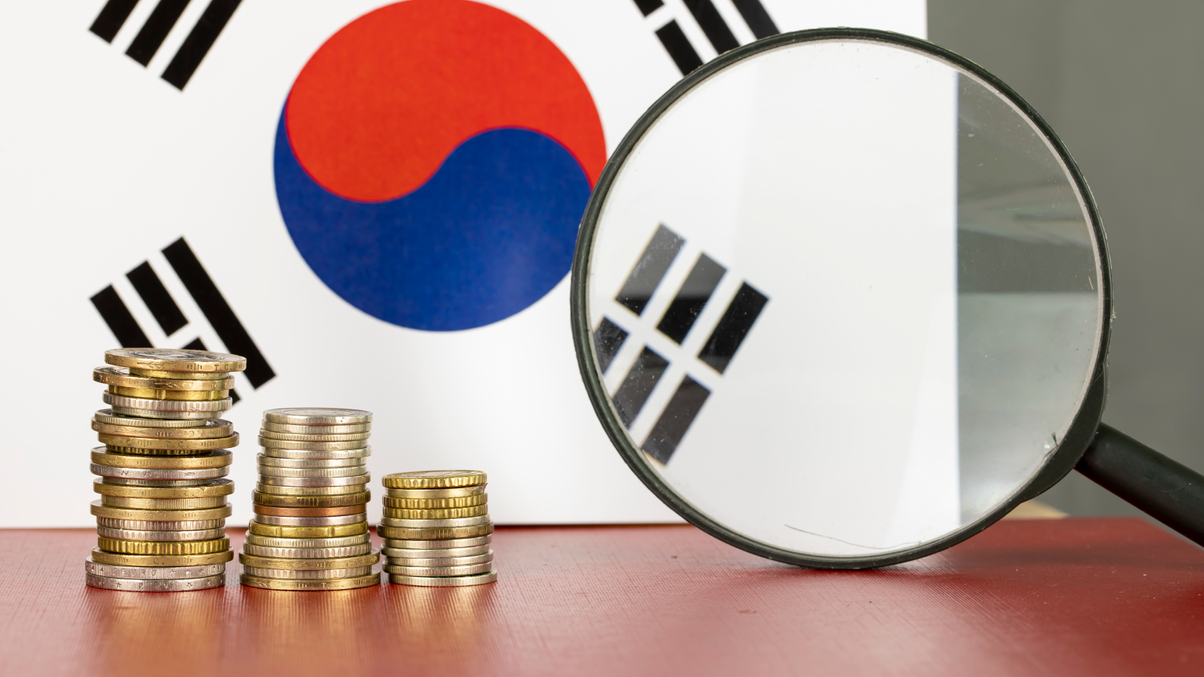Global alternative assets fuel Korea Poba’s 11.8% 1H return
While other asset owners were making a fortune in the stock market, Poba gained 80% of its W1 trillion ($851 million) investment return in the first half from alternative assets globally.

Korean pension fund, the Public Officials Benefit Association (Poba), recorded an annualised return of 11.8% in six months to June this year – one of its best half-year performances - fueled by a diversified portfolio in global alternative assets.
Sign in to read on!
Registered users get 2 free articles in 30 days.
Subscribers have full unlimited access to AsianInvestor
Not signed up? New users get 2 free articles per month, plus a 7-day unlimited free trial.
¬ Haymarket Media Limited. All rights reserved.


